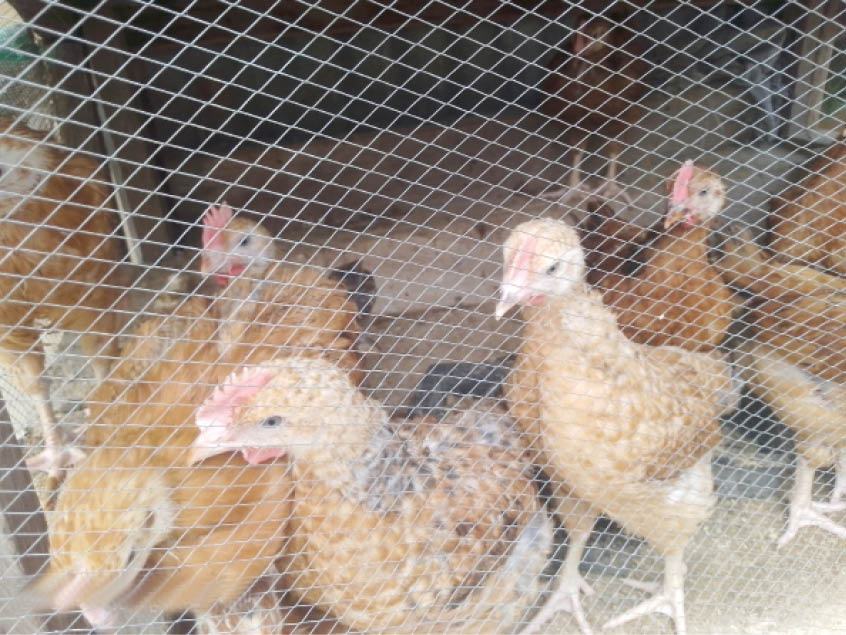Why more Taraba women embrace poultry farming
Hundreds of women are into smallholding poultry farming in Taraba State, findings by Daily Trust on Sunday revealed. It was learnt that the women engage in joint poultry business because of hard times and are making good returns. In Jalingo, many housewives are in smallholding poultry business, many of them raising between 50 and 100 […]

a poultry farm
Hundreds of women are into smallholding poultry farming in Taraba State, findings by Daily Trust on Sunday revealed.
It was learnt that the women engage in joint poultry business because of hard times and are making good returns.
In Jalingo, many housewives are in smallholding poultry business, many of them raising between 50 and 100 chickens.
There are many among the women that invested less than N100,000 and made a return of N30,000 within two weeks.
- Again, prices of farm produce surge in Katsina
- NALDA distributes inputs, captures farmers’ data in Nasarawa, Lagos
Mallama Zubainatu Abubakar, who resides at Nana Aisha Quarters in Jalingo, said she started with 50 one-week-old chickens she bought at N35,000.
Zubainatu said she bought some feed at N15,000 and drugs at N1,500, and two weeks later, she sold the chickens at N85,000, making a profit of N31,000.
“The new business has offered women, especially those that are not working, the opportunity to make money for our needs and those of our children,” she said.
She said that although the prices of chickens, feed and drugs have gone up, poultry farmers are still making profits because of high demand.
She said a carton containing 50 chickens now cost N45,950, feed that would last for two weeks for 50 chickens would cost N20,000, while drugs cost N2,000.
She also said that by the time the chickens reach two or three weeks, each one is sold at N2,500. She, however, added that in most cases, two or five chickens would die before the two weeks.
Another woman, Hajara Lawal, told Daily Trust on Sunday that she did not get employment after her studies at the state College of Education, Zing, but her schoolmate, a primary school teacher, introduced her to poultry business last year, and since then, she has been making a return of N25,000 to N40,000 every three weeks.
“But I don’t have the capacity to expand the business because of many challenges, which include funding, space, as well as the high risk associated with big poultry farming,” she said.
She said there was demand for chicken in the market because the cost of beef had gone up.
Hajara further said the major problem facing small poultry business holders was the cost of one-week-old chickens, feeding and drugs, as well as the current heat wave in the state.
She also said that most women lacked the technique to handle chicken, a situation that leads to losses as many of them die before three weeks.
Findings revealed that in Jalingo and most parts of the state, the number of women who engage in poultry farming has outnumbered that of men.
Lami Adamu, a civil servant, said she was into poultry farming partly for consumption and business, adding that she could raise between 50 and 60 chickens.
“Women have found good fortune in poultry business in Jalingo. Hardship forced women into the business but we are making good returns,” she said.
Findings by Daily Trust on Sunday revealed that in Jalingo, demand for chicken increased because most poultry farms have folded up due to high cost of feed and drugs, as well as the risk associated with the business.
Women grabbed the opportunity, and now, in almost every home, there is a woman engaging on smallholding poultry business in Jalingo and other towns across the state.
